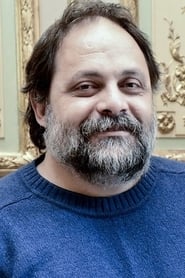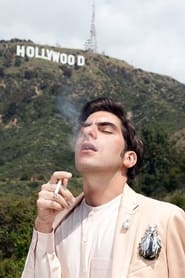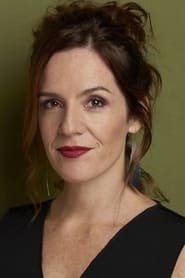
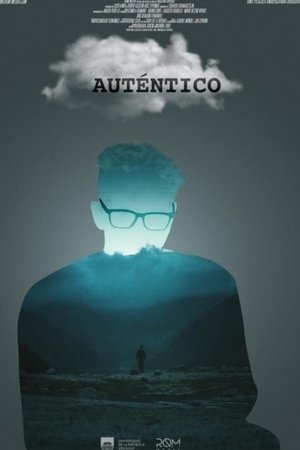
Auténtico(2021)
Joaquín is a film student who is frustrated by his insecurities as an artist. In the process of writing his debut, a series of eccentric characters from the world of independent cinema are revealed to him, challenging his principles, his relationships and his own identity.
Movie: Auténtico
Top 10 Billed Cast

Auténtico
HomePage
Overview
Joaquín is a film student who is frustrated by his insecurities as an artist. In the process of writing his debut, a series of eccentric characters from the world of independent cinema are revealed to him, challenging his principles, his relationships and his own identity.
Release Date
2021-06-01
Average
0
Rating:
0.0 startsTagline
Genres
Languages:
EspañolKeywords
Similar Movies
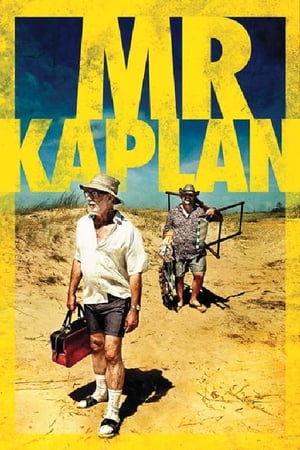 6.1
6.1Mr. Kaplan(es)
Jacob Kaplan lives an ordinary life in Uruguay. Like many of his other Jewish friends, Jacob fled Europe for South America because of World War II. But now turning 76, he is grumpy and in need of adventure. An unexpected opportunity to achieve greatness comes in the form of a quiet, elderly German, who Mr Kaplan believes to be a runaway Nazi. Determined to capture this Nazi, as Eichmann was captured before him, Mr Kaplan surprises everyone when he takes up this challenge.
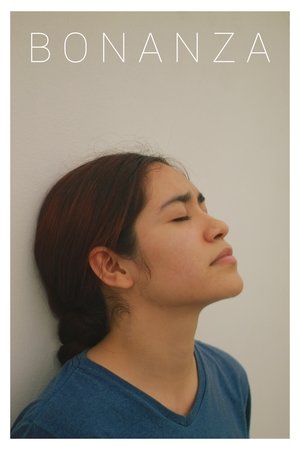 8.0
8.0Bonanza(es)
Two teenagers face the differences of their parents; this leads them to cope with their own afflictions and learn of tragedies that cloud their vision, to the point of beginning to live the grief of a new life, leaving aside their comfort, their ideologies and questioning themselves for what they really are.
 7.0
7.0The Pope's Toilet(es)
In 1998, a small South American village is in a flurry over the Pope's upcoming visit for the business opportunities that it will provide. While most of the residents plan to sell food at the parade, a smuggler family man decides to build a pay toilet.
 5.7
5.7The City of Your Final Destination(en)
28-year-old Kansas University doctoral student Omar Razaghi wins a grant to write a biography of Latin American writer Jules Gund. Omar must get through to three people who were close to Gund – his brother, widow, and younger mistress – so he can get authorization to write the biography.
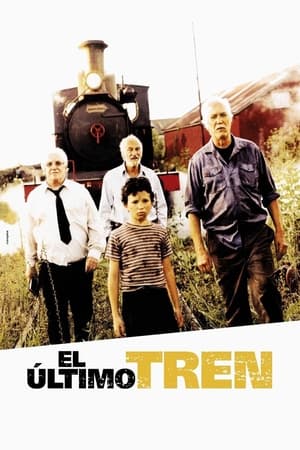 6.7
6.7The Last Train(es)
Three old men and a little boy try to preserve what they consider to be National Patrimony in the form of a locomotive nicknamed the "33"
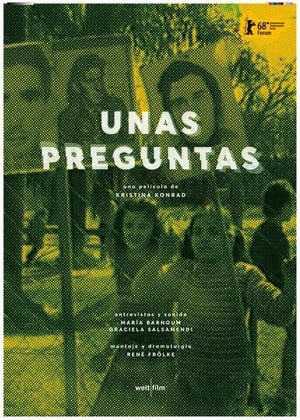 6.4
6.4One or Two Questions(es)
In 1986, the Uruguayan Parliament passed a law granting amnesty for all crimes and human rights violations committed by the military and police during the dictatorship (1973-85). This law of impunity prevented the clarification demanded by the relatives of those who had disappeared and been murdered by the former regime. A public initiative arose calling for a referendum in which the law be subject to the vote of the people. Unas preguntas uses U-matic footage, mostly of interviews recorded on the streets of Uruguay between 1987 and 1989, to present a time capsule of the period.
 6.0
6.0Corporate Accountability(es)
Images of Argentinian companies and factories in the first light of day, seen from the inside of a car, while the director reads out documents in voiceover that reveals the collusion of the same concerns in the military dictatorship’s terror.
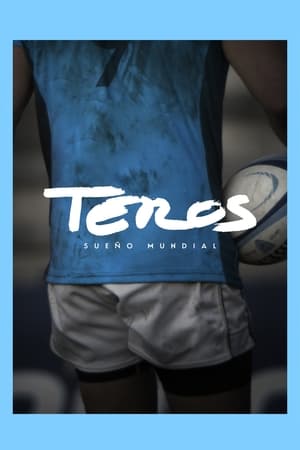 0.0
0.0Teros, sueño mundial(es)
The campaign of the Uruguayan rugby team, nicknamed "Los Teros", during the 2015 Rugby World Cup qualification, and the amateur character of its players that contrasts against the professionalism of their group rivals.
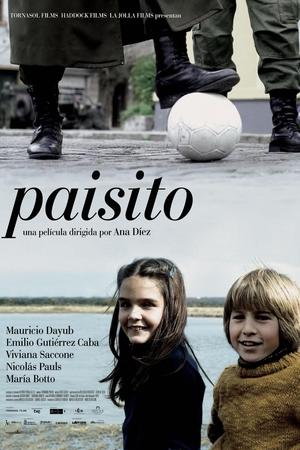 5.4
5.4Small Country(es)
Two young people learn about love as politics turn their world upside down in this drama from director Ana Diez. After a long and successful career as a soccer player, Xavi retires from the game and moves to Spain, where one day to his surprise he happens upon Rosana, a friend from his childhood in Uruguay. As Xavi and Rosana catch up on what has happened to them over the past thirty years, they flash back to 1973, when young Xavi and his father Manuel, a shoemaker, lived down the street from Rosana.
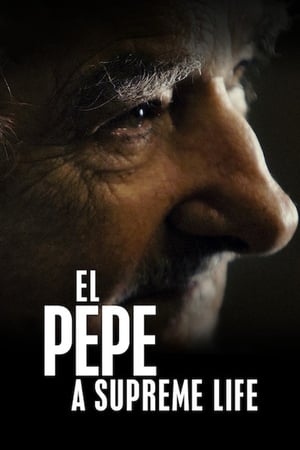 7.4
7.4El Pepe: A Supreme Life(es)
A documentary on the life of Uruguayan politician and former guerrilla fighter José Mujica.
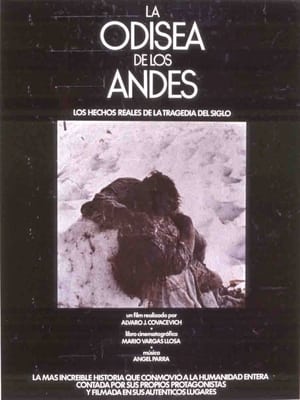 0.0
0.0The Andes's Odyssey(es)
A documentary revolving around the 1972 crash of the plane carrying an Uruguayan rugby team; interviews with survivors and the families of victims.
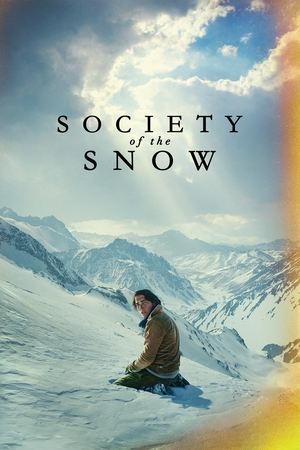 8.0
8.0Society of the Snow(es)
On October 13, 1972, Uruguayan Air Force Flight 571, chartered to take a rugby team to Chile, crashes into a glacier in the heart of the Andes.
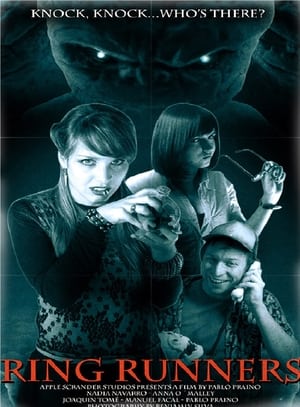 0.0
0.0Ring Runners(es)
Tiana, a teenage occult fanatic, finds a ring that lets her summon tiny demons she will use to enact her revenge against anyone who mocked her. The only one standing in her way is her shy sister, Micaela.
Stuck(en)
Alex (Leah Lauren) is a young actress trying to make it in Hollywood. Her friend Sam (Ivana Paige) shows her the ropes by taking her to parties and introduce her to that world.
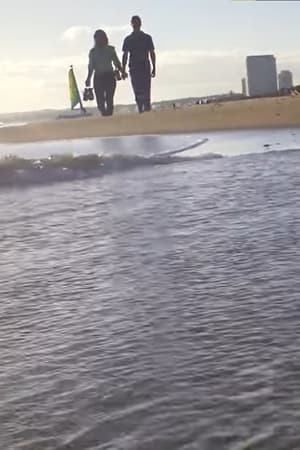 10.0
10.0Dos palabras en la arena(es)
A story of a friendship that wants to be something more. A story of support and connection. A story that makes you fall in love because of its innocence, transforming into an adventure on the beach, mixed with smiles, looks and feelings, set in the beautiful landscapes of the Mansa Beach in Punta del Este, being the city of San Carlos the other location used.
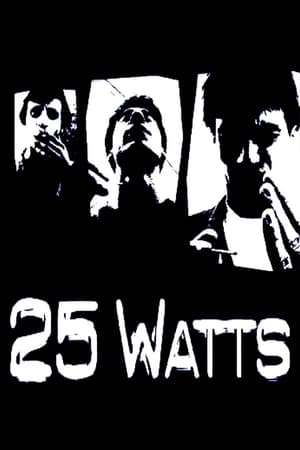 6.8
6.825 Watts(es)
24 hours in the life of three street youths in Montevideo. Three teenage guys try to figure out what they're supposed to be doing with their lives in this drama from Uruguay that puts the emphasis on character over narrative.
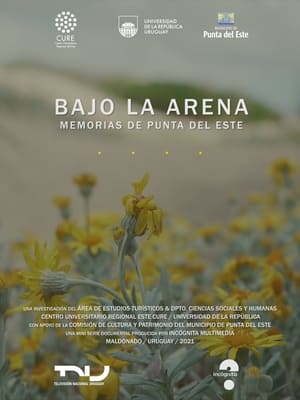 0.0
0.0Bajo la arena. Memorias de Punta del Este(es)
Punta del Este was built upon a small, treasurable port town still alive in the memories of former residents and visitors. However, talk of progress has arised in present times. A kind of progress involving physical, historical, spiritual destruction. Bajo la Arena poses a crossroads between the passage of time and its ever-present traces in the landscape and in people's affections.
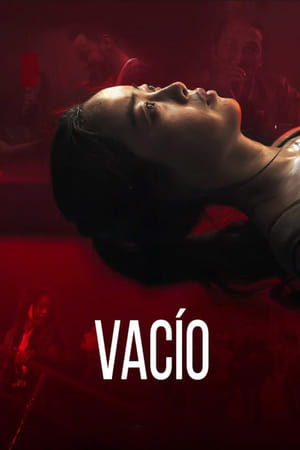 6.8
6.8Emptiness(es)
LEI and WONG clandestinely arrive to Ecuador, on their way to the port city of Guayaquil. From here LEI plans to continue her journey to New York, but CHANG, a bipolar mobster will decide her fate. WONG unwillingly gets entangled in the web of corruption that operates the encroachment of Chinese immigrants. His only objective is to bring his twelve-year-old son from China.
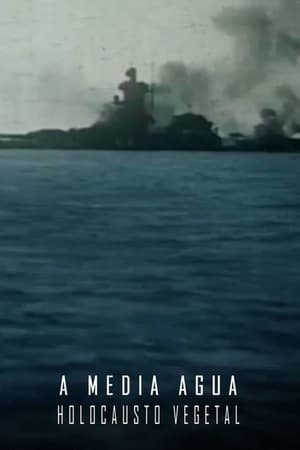 2.0
2.0A Media Agua(es)
A Media Agua is a documentary filmed in 16mm, made up of a series of short films that review the history of the last century through the eyes of an Anglo-Uruguayan family and their perception of Uruguayan culture, World War II and technological advances of the time. Based on found and salvaged film reels, the team attempts to piece together the history of this fragmented family and its subsequent three generations, with the goal of understanding their beliefs and secrets as part of the Secret Service in South America.
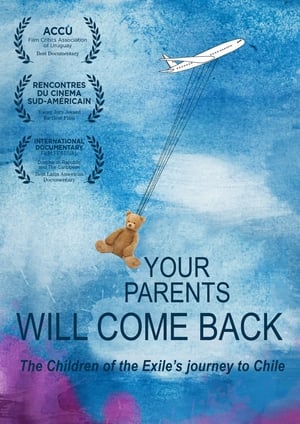 0.0
0.0Your Parents Will Come Back(es)
In 1983 a group of 154 children aged 3 and 17 years old traveled alone from Europe to Montevideo. They were children of political exiles from Uruguay, who were unable to come back to their own country; they sent their kids to know their relatives and home country. That human sign, charged with a political message, took part in children’s identity development. Nowadays, six of them still remember that day, when a crowd received them singing all together “your parents will come back”.
